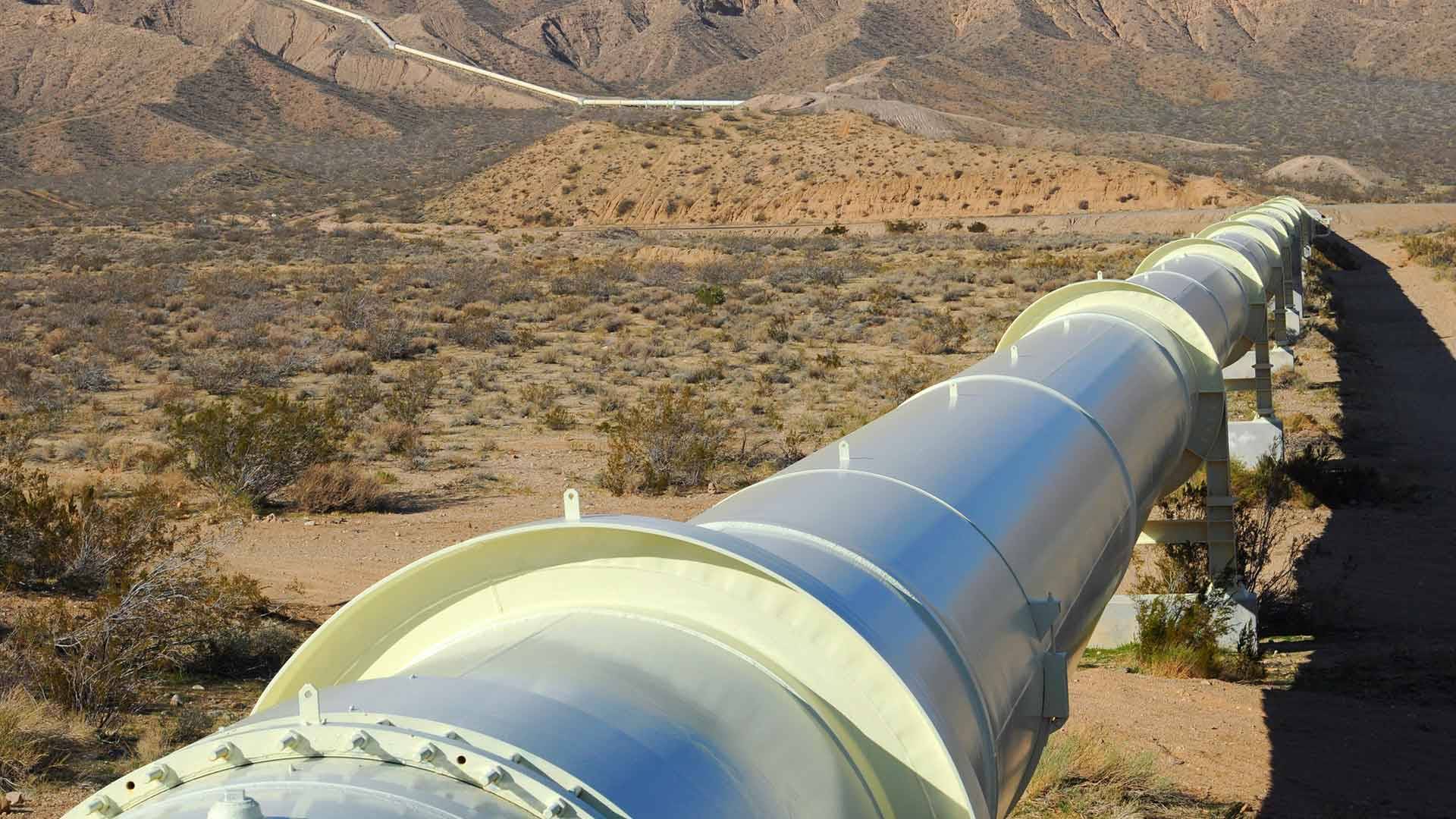Course Details
Your Growth, Our Mission

Course Description
This intensive foundation level course covers the design, construction, and operation of onshore pipeline systems. This course will incorporate construction methods, commissioning, pressure test, and start up into the design of a pipeline system. The course focuses on pipeline routing, mechanical design, construction methods, hydraulics, installation, and operations of onshore pipeline systems. Participants will acquire and consolidate the essential knowledge and skills to design, construct, and operate pipelines. This course provides participants with a multidisciplinary understanding of the design, materials, construction, integrity, operation and maintenance of this important onshore and offshore infrastructure.
The Training Course Will Highlight ?
Training Objective
Target Audience
Technical professionals who are new to the onshore pipeline business or need a broad understanding of the onshore pipeline business including mechanical, civil, pipeline project managers, pipeline engineers, facilities engineers, pipeline design and construction engineers, engineering and construction contractors
Training Methods
Daily Agenda
Introduction to Pipeline Engineering
- Basic pipeline concepts and definitions
- Stages of a pipeline project
- Standards, codes and regulations
- Principles of pipeline design, construction and installation
- Wall thickness calculation based on different design codes or standards
Material Selection and Corrosion Control
- Material science including the properties of steel and other materials used for pipeline fabrication
- Process of pipeline material selection, including code/standard requirements
- Manufacturing process, including welding standards, procedures and non-destructive testing (NDT) techniques for qualifications
- Corrosion, including definition of the corrosion phenomenon and chemical principles
- Types of internal and external corrosion
- Methods to prevent or mitigate corrosion in pipelines
Pipeline Design, Installation and Construction
- Introduction to different approaches of pipeline design for offshore and onshore
- Safety and reliability factors, Codes, Standards, Recommended practices
- Pipeline configurations, including pipe-in-pipe, bundles, etc.
- Flexible pipelines: principles and concepts
- Introduction to hydrodynamics around offshore pipelines, including the definition of the different wave theories
- Stress assessment of pipelines, including definition of stress on pipelines and an introduction to fatigue analysis
- Stages of pipeline construction
- Hydro-testing, Commissioning operations, Procurement, Quality assurance
- Methods of onshore and offshore pipeline installation
Pipeline Hydraulic Analysis
- Thermodynamic principles and flow properties of the different flow transported by pipelines
- Flow calculations for gases, liquids and multiphase pipelines
- Problems caused by changes in flow condition during the pipeline’s operations
Defect Assessment on Pipelines
- Types of defects on pipelines, including failure statistics and the relative causes of pipeline failures
- Failure modes and a description of how pipelines fail
- Defect assessment
- Different codes and standards used to carry out fit-for purpose assessments of defects and damage
- Design code and standard requirements
- Introduction to pipeline engineering critical assessment (ECA)
- Case studies on pipeline defects
- Exercise on defect identification and assessment
Pipeline Integrity: Maintenance, Inspection and Risk Assessment
- Pipeline anomalies and defects
- Principles and applications of the in-line inspection techniques and existing tools
- Survey methods for onshore and offshore pipelines
- Walking patrol
- Air survey
- Remotely Operated Vehicles (ROV)
- Acoustic Diver
- Above-ground monitoring techniques
- Principles and application of NDT techniques used to detect and evaluate pipeline defect and damage
- Preparation of integrity management plans for onshore and offshore pipelines
Accreditation
BTS attendance certificate will be issued to all attendees completing a minimum of 80% of the total course duration.
Quick Enquiry
Request Info
Related Courses
Your Growth, Our Mission

